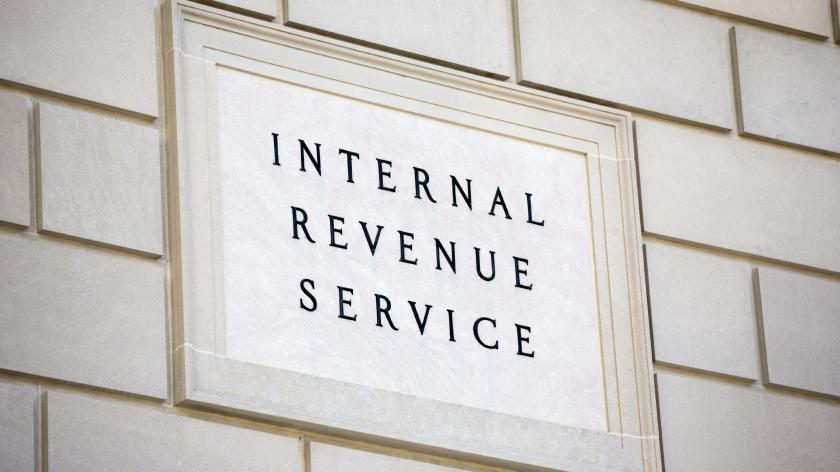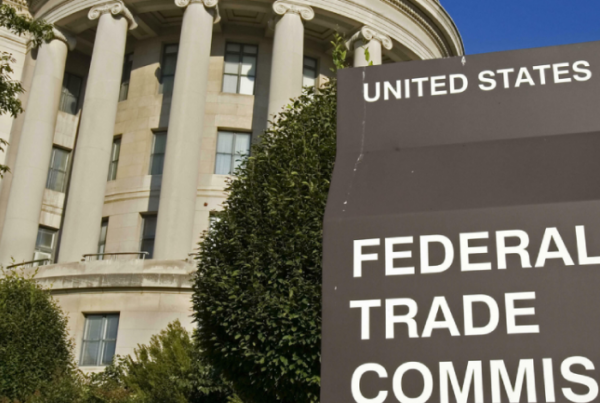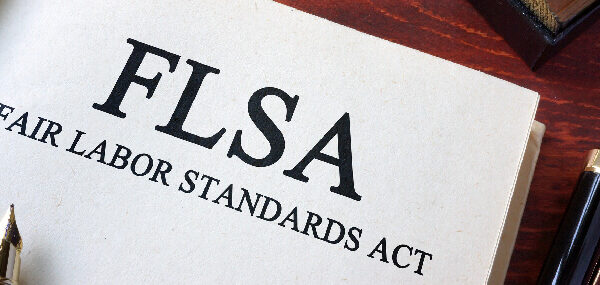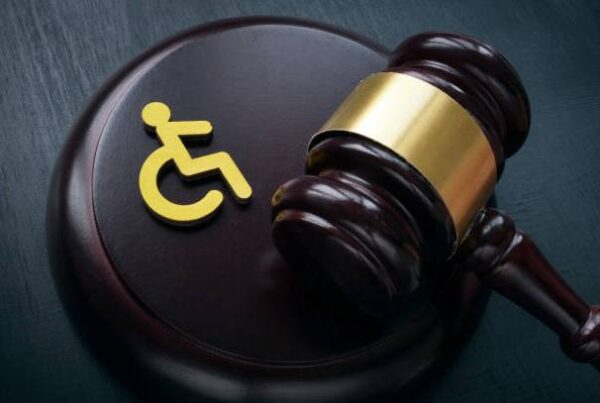The IRS has changed from Grinch to Santa for Third-Party Payment Platforms (“Platforms”) such as Venmo, PayPal and Cash App.
Many businesses accept payments from customers via these Platforms. The IRS defines these business transactions as taxable if they are payments for goods or services, including tips.
Before the American Rescue Plan of 2021 (the “Act”), these Platforms were required to issue 1099-K tax forms to payors who made more than 200 payments, totaling more than $20,000, over a calendar year.
The Act materially lowered the threshold for the issuance of 1099-Ks, for calendar years beginning in 2022, to payments totaling more than $600 in a calendar year, regardless of how many payments were made.
The IRS indicated that the lower threshold was intended to increase taxpayers’ reporting of income because, it concluded, tax compliance is higher when taxable amounts are subject to reporting like that occurring with 1099-Ks.
The change, however, caused consternation to Platforms and confused payors.
In a case of holiday generosity (or administrative convenience), the IRS has determined that the 2022 tax year will be a “transition” year, and that the new $600 reporting minimum will be effective beginning with the 2023 tax year.
This means that for the 2022 tax year Platforms can continue following the “old” $20,000/200 transaction threshold for issuing 1099-K forms.
Platforms (and taxpayers) can use the additional year to get ready for the change, including from guidance which the IRS indicates will be forthcoming.
As before, the Act is not intended to track personal transactions, including sharing the cost of a car ride or meal, birthday or holiday gifts, or paying a family member or another for a household bill.
And a happy New Year to all!






